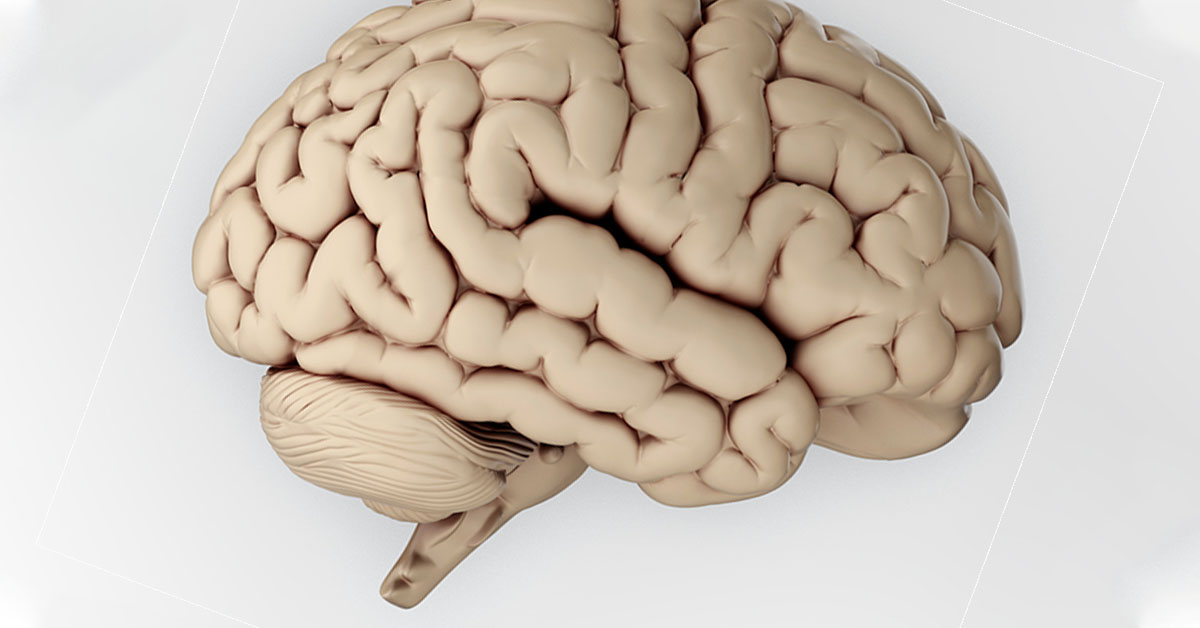Occipital neuralgia is a clinical condition characterized by painful nerves at the back of the head and neck.

What is Occipital Neuralgia?
Occipital neuralgia is a clinical condition characterized by painful nerves at the back of the head and neck. Here we discuss this condition in a bit more detail.
Within our vertebral column lies the spinal cord. The spinal cord gives rise to a number of nerves that supply different parts of the body. Some of these nerves travel up the back of the neck all the way to the back of the head and supply the scalp. These nerves are called the occipital nerves and pain arising from these nerves is called occipital neuralgia.
What causes Occipital Neuralgia?
In most cases, the exact cause may not be identified. Pain can occur suddenly and can cause tremendous amounts of distress to the patients. In some cases, the pain arises due to pinching of the occipital nerves as they emerge from the spinal cord. This can occur due to arthritis affecting the vertebral column. Another cause can be that the muscles that support and protect the vertebral column can become rather taut and tense, pinching the occipital nerves. Other common causes may include injury to the back of the neck, diseases of the intervertebral disc, diabetes mellitus and gout.
Symptoms and Diagnosis
The most common symptom is pain of the scalp at the back of the head. Typically, patients report the pain being either a burning sensation or a rather severe ache. Pain can occur on one or both sides of the head. Additional associated symptoms such as sensitivity to light and pain at the back of the eye may occur. Head movements may be restricted by pain. Upon examination of the patient, doctors may find that they have a rather tender scalp at the back of the head. However, this tenderness may extend across the entire scalp as well.
In most cases the diagnosis is made from history and clinical examination. Sometimes scans such as an MRI may need to be performed. Another way of diagnosing occipital neuralgia is by blocking the conduction of nerve impulses along the occipital nerve using certain drug injections and seeing if the symptoms resolve. This is called occipital nerve block, and it can be offered as a treatment as well.
How is Occipital Neuralgia treated?
The treatment options offered by the physician depends primarily on the cause of the pain. Below are some of the potential treatment options available.
- Home remedies: These are measures that can be taken at home to relieve the pain. Application of a heat pack to the neck and back of the scalp can help. Massaging the neck muscles can also improve symptoms. Simple painkillers may help relieve the pain.
- Anti-epileptic drugs: While this may seem a bit surprising, antiepileptic drugs are in fact extremely strong painkillers as well. Drugs such as Carbamazepine are extremely useful in managing severe pain.
- Advanced surgical procedures: Here, doctors may offer patients treatments that reduce the level of compression of the occipital nerve this allowing for normal functioning. Sometimes electrical stimulation may be used to restore normal nerve conduction. Occipital nerve blocks may be performed by either surgically acting the nerve or destroying the nerve fibers by using certain injectable toxins. The choice of surgery depends on patient preference and the doctor's experience.


